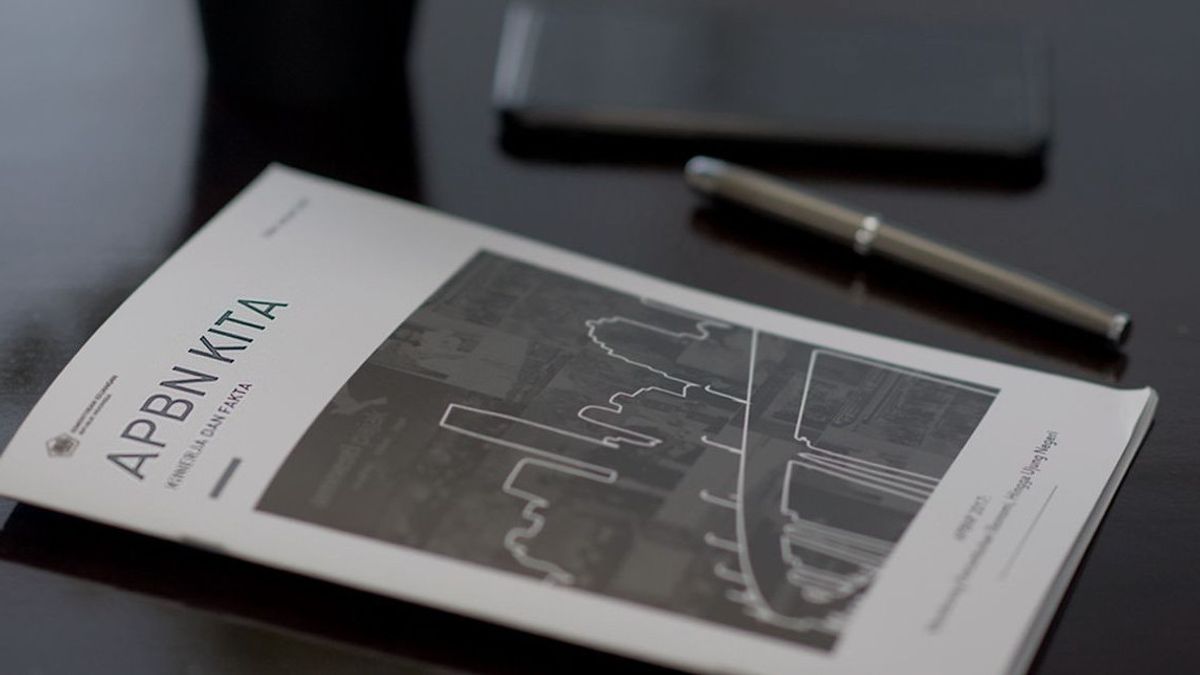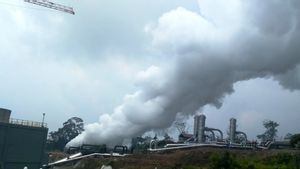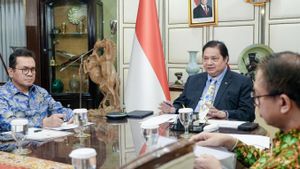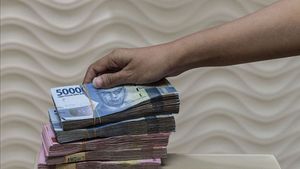JAKARTA - Deputy Director of the Institute for Development of Economics and Finance (Indef) Eko Listiyanto assessed that the government was slow in executing state spending at the beginning of this year. According to him, the realization of intensive spending has the opportunity to raise higher economic growth.
"Our economic growth could actually be higher than 5.01 percent in the first quarter if the government could spend more at the beginning of the year," he said during a meeting with reporters via virtual channels, Wednesday, May 11.
Eko's assumption is based on data which states that the government consumption component has slowed down by minus 7.74 percent on an annual basis or year on year (yoy) compared to the first quarter of 2021.
In his view, the stagnation of spending cannot be separated from the tradition of piling up at the end of the year which makes consumption leverage not optimal to accelerate national economic growth.
"I don't think there is any reason to delay spending because the state revenue in 2021 was quite strong, even in a surplus. So in terms of the availability of funds, there is no problem," he said.
"If economic growth is high at the beginning of the year, then until the next quarters it is usually supported and can get good results as well," continued Eko.
Citing data released by the Ministry of Finance (Kemenkeu), it is known that state spending at the end of the first quarter of 2021 was IDR 534 trillion. The book is higher when compared to the first quarter of 2022 which amounted to Rp490 trillion. Minister of Finance (Menkeu) Sri Mulyani herself explained that the difference was caused by two main factors.
First, the high spending on goods in 2021, which will increase by Rp. 19.1 trillion for the purchase of the COVID-19 vaccine, payment of patient claims, and the purchase of medicines.
The second is the 2021 capital expenditure, which will increase by around Rp. 17.3 trillion due to the carryover of projects that were delayed in 2020.
"This is what causes capital expenditures to jump very high in 2021, and in 2022 it will be back to normal," said Minister of Finance Sri Mulyani on Wednesday, April 20.
Meanwhile, another factor that makes APBN expenditures seem to be slowing is due to the slow realization of local government (Pemda) spending.
The data shows that until March 2022, local government spending was recorded at Rp. 93.45 trillion. This value is much lower than the realization in March 2021 which reached Rp. 105.94 trillion.
“This means that regions still need to accelerate their spending. However, we predict that in April the realization of spending in the regions will increase significantly in the regions and the center," said the Minister of Finance.
The English, Chinese, Japanese, Arabic, and French versions are automatically generated by the AI. So there may still be inaccuracies in translating, please always see Indonesian as our main language. (system supported by DigitalSiber.id)













